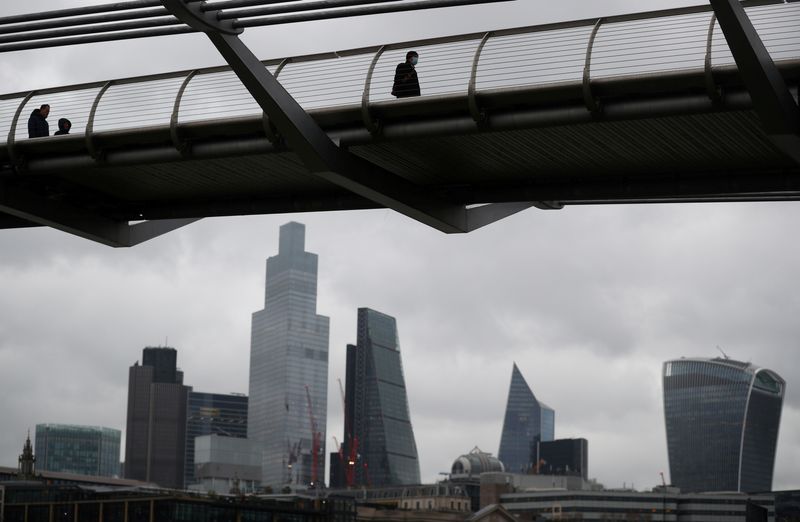LONDON (Reuters) – Britain’s next prime minister Liz Truss will face an economy that is forecast to go into a long recession later this year, with inflation at a 40-year high and limits on the options for getting growth going again.
Following is a summary of the key issues facing Truss, who won the keys to Downing Street on Monday by coming first in the race for the leadership of the Conservative Party.
INFLATION
At 10.1% in July, Britain had the highest rate of annual inflation among Group of Seven advanced economies. Forecasters expect this to climb higher still, with Goldman Sachs saying it could top 20% early next year if gas prices do not fall.
High dependency on imported gas and a fast-weakening currency explain some of Britain’s inflation problem.
The pound has fallen around 8% against the dollar in the last three months alone – a slightly worse performance than the euro – making imports of energy priced in dollars even dearer.
TIGHT LABOUR MARKET
The Bank of England is worried about domestically generated inflation pressure coming from a tight labour market, where shortages of staff following Brexit and the COVID-19 pandemic are in some cases pushing up pay sharply.
Official data show 49,000 fewer EU-born workers in Britain than in mid-2019, while the number of people listed as inactive because of long-term sickness rose to a 19-year high of 2.39 million in June, up about 300,000 since before the pandemic.
However, there are some signs of a cooling in demand for workers. Job vacancies, which hit a record high of 1.299 million in the three months to May, have begun to fall while the number of unemployed people rose in June for the first time in 17 months.
TAX CUTS? SPENDING STIMULUS?
Truss has promised to cut taxes, starting with a reversal of an increase in social security contributions and a suspension of so-called green levies on power bills. Economists have warned that a big injection of money into the pockets of consumers could worsen Britain’s inflation problem.
As well as the risk of feeding inflation, tax cuts or higher spending would put further strain on Britain’s budget deficit at a time when public debt is close to 100% of economic output.
NO BANK OF ENGLAND RESCUE
Normally, a central bank forecasting a recession would cut interest rates but the BoE has other worries, chiefly the risk that the surge in inflation creates a wage-price spiral that could drag on the economy for years. Markets expect the BoE to take the Bank Rate to 4.5% next year from 1.75% now. Most economists see a lower peak.
The BoE also plans to start selling some of the bonds that it bought since the global financial crisis of 2007-08, another form of monetary policy tightening.
CHANGE AHEAD FOR THE BOE
Truss said in July she wanted to set “a clear direction of travel” for monetary policy and review the BoE’s mandate, raising concerns among investors about the central bank’s independence. One of her supporters questioned whether the BoE should keep its exclusive powers to get interest rates.
On Sunday, Truss said she was a “great believer” in the independence of the Bank of England.
(Writing by William Schomberg and Andy Bruce; Editing by Alexander Smith)
